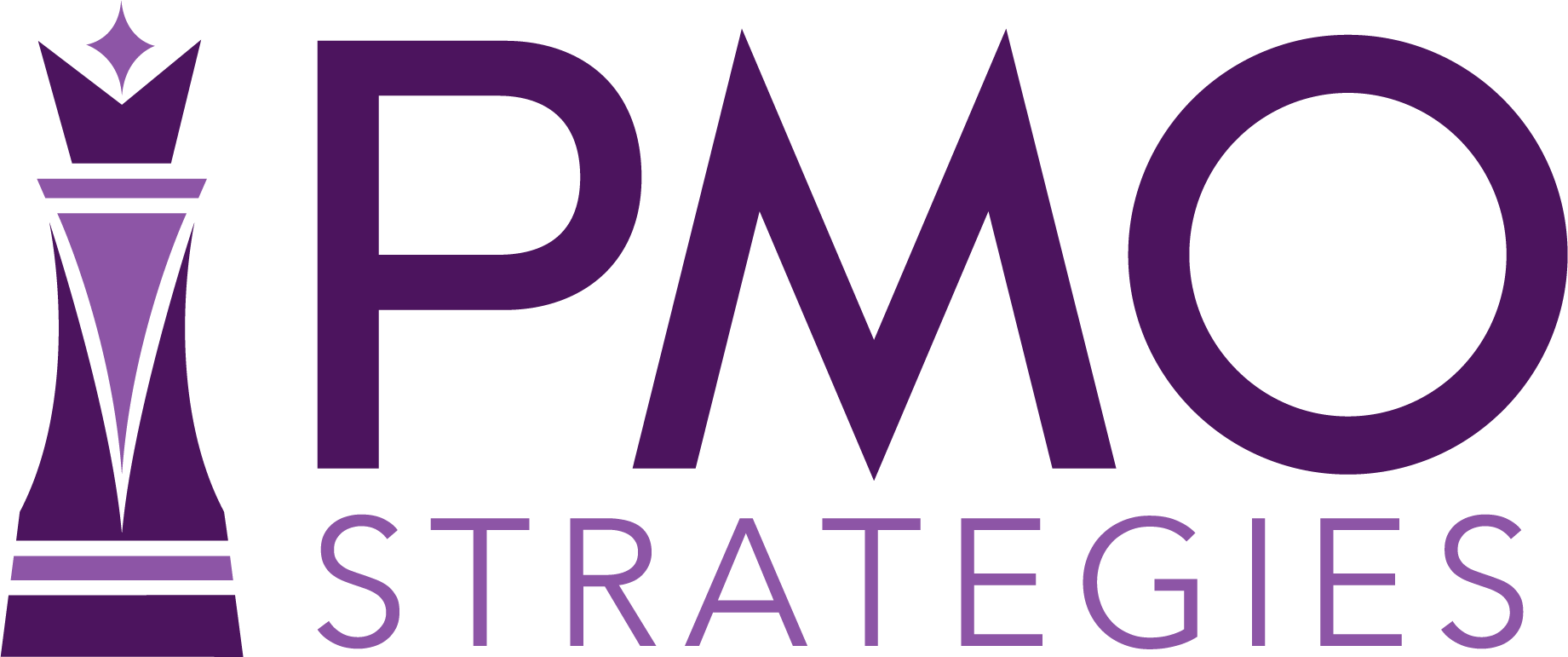Welcome to the PMO Strategies Podcast + Blog, where PMO leaders become IMPACT Drivers!

PMI Talent Triangle: Power Skills
Most public sector projects don’t fail because of process. They fail because no one’s willing to confront the behavior that’s breaking them.
You won’t find that truth in the project plan. But you’ll feel it in the tension behind green dashboards, the unspoken risks no one wants to name, and the friction that never shows up on a status report.
In this episode of the PMO Strategies Podcast, I’m joined by Matthew Oleniuk, a senior public sector advisor who’s helped leaders navigate politically sensitive, billion–dollar initiatives, and built a career helping teams deliver under pressure without losing control.
Matthew brings a sharp lens to public delivery, focusing on the behaviors, leadership dynamics, and oversight mechanics that quietly derail projects while the reports say everything’s fine.
And in this conversation, he calls out what others avoid: public sector failure isn’t usually a system problem. It’s a leadership one.
It’s about naming the invisible behaviors, building the political courage to lead anyway, and creating delivery cultures that protect ambition, not bury it.
Why Naming Behavior Matters More Than Fixing the Process
Project failure doesn’t always announce itself with missed deadlines or budget overruns. More often, it hides behind clean dashboards, pre–approved status updates, and the quiet assumption that things must be working because no one is saying otherwise.
This isn’t a process issue. It’s a visibility issue, and not of outputs but of truth.
In many public sector environments, silence becomes the default mode of survival. Risk is downplayed to avoid political exposure. Failure is framed as a success to preserve momentum. And teams become skilled at managing the optics instead of the obstacles.
The outcome isn’t just delay. It’s a slow normalization of avoidance.
As Matthew explained, project risks aren’t always written down. “They’re sitting in between the cracks.” What isn’t named can’t be addressed. What’s left unchallenged becomes institutionalized.
Here’s why confronting behavior is more urgent than refining process:
Silence legitimizes failure.
When difficult topics go unspoken, a false sense of stability takes hold. Issues are treated as anomalies rather than symptoms, and underperformance quietly becomes acceptable.
Oversight can hide more than it reveals.
Well–structured status reports and compliance frameworks can create the illusion of control. But as Matthew put it, “We’re using systems that are not built for a project.” They weren’t designed to capture the dynamics that derail delivery from the inside.
Culture trains avoidance.
When reward systems favor predictability over truth, teams learn to stay quiet. Escalations are delayed. Green is chosen over accurate. Risk is renamed to appear resolved. Over time, this creates a culture where hiding reality becomes safer than confronting it.
Process can only perform within the boundaries of behavior.
Even the most robust methodology will fail if leaders lack the courage to name what isn’t working. Matthew made it clear: “Project success will begin and end with the leader of the project.” And that success depends not on following procedure, but on refusing to pretend.
Create Safety Before You Surface the Truth
If the environment punishes honesty, teams won’t name the real risks. The problem isn’t that people don’t know what’s broken. It’s that they’ve learned to stay quiet.
Start by building psychological safety. Instead of demanding compliance, ask about outcomes. Replace status meetings with conversations that explore what might prevent success, not just whether milestones are on track.
This isn’t about soft skills. It’s about creating the conditions where people can name the thing that could sink the project without fear of being blamed for it. When that trust is built, leaders stop managing perception and start managing the real work.
We’ve Got to Stop Pretending the System Is Enough
This isn’t about adding more structure, writing better status reports, or rolling out a new risk framework. It’s about having the courage to confront what’s been quietly undermining delivery all along.
Because the truth is, process won’t protect your project if the behaviors underneath it stay the same. When leaders normalize silence, hide behind compliance, or reward activity over outcomes, even the best–designed system will fail on contact with reality.
What we need now is not more control. It’s more honesty. The kind of leadership that asks hard questions, names the real risks, and moves work forward—even when the politics are loud and the pressure is high.
👉 Click play above to learn how to lead through behavior, not just process
 Connect with Matthew:
Connect with Matthew:
Follow him on LinkedIn
Visit his website
Get early access on his course
Download the Public Sector Project Health Check
P.S. If your PMO is still chasing tasks instead of driving strategy, it’s time for a reset. Join me February 11-12/18-19 for the IMPACT Engine Practitioner Course—a live, virtual two–day certification program designed to help you deliver real business value, not just reports. Seats are limited, so reserve yours now.
 Hey there, IMPACT Driver!
Hey there, IMPACT Driver!
Thanks for taking the time to check out our podcast and blog.
I welcome your feedback and insights!
I’d love to know what you think and if you love it, please leave a rating and review in your favorite podcast player.
You can also complete this survey to tell us more about you and get my advice on how to take your next steps toward high-IMPACT!
Warmly,
Laura Barnard









